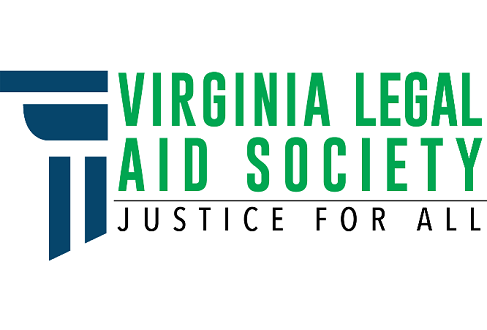To celebrate our 40th anniversary in 2017, Virginia Legal Aid Society is telling 40 stories that reflect our history, our people and the cases and events that have made the past 40 years so memorable. These will be released over 40 weeks, finishing at our gala celebration on November 17 in Farmville at the Moton Museum.
Virginia Legal Aid Society has made some of its biggest impact in rural areas, where before our arrival, the widely dispersed population often had limited access to legal services of any kind, free or otherwise.
Hester Honda, who had taken the Virginia Bar Exam and was waiting for the results, was about to become one of the first VLAS attorneys to reach into those rural areas when she interviewed for a VLAS job in September 1978.
“I was there from ground zero,” Hester said. “It was very exciting.”
She passed the bar, was hired and helped Joel Cunningham Sr., who a decade later would become a judge, set up the Halifax office. They found suitable office space in an old Victorian home, and hired paralegals and other staff, and soon they were working on cases.
Hester made it a point to spend time in the communities she was serving, and what she found was eye-opening. She saw pockets of extreme poverty – ramshackle houses with no floors, no city or county services, no sidewalks, no street lights.
“A lot of our clients lived in rural areas,” she said. “You had to go down dirt roads to see them.”
The rural nature of the area felt a bit like her childhood home in Hawaii. Maui County had about 40,000 residents at that time, spread over multiple islands. The biggest adjustment for Hester was the extent of the separation between the blacks and whites. Hester had lived with a black roommate during her undergraduate years at Northwestern.
Like the rest of the VLAS staff, Hester worked hard at community outreach. VLAS, after all, offered a service never available before in Halifax or the surrounding area. She spoke to many church groups, among other community organizations, to get the word out about what VLAS could do for low-income people.
The outreach included talking with local lawyers and judges, encouraging them to send VLAS clients who couldn’t afford to pay an attorney. As in many other communities, it took a while for the lawyers to trust VLAS. It helped that Joel was from the community.
“The lawyers in the community didn’t dislike us as lawyers,” Hester said. “They were just scared about us taking clients that they could have had. Once we assured them that we had these strict poverty guidelines for accepting clients, that eased a lot of it.”
She also felt the embers of racism. There were still stories of an active Ku Klux Klan. Hester stood out from the crowd in several ways, first by simply being a woman lawyer – a rarity in that time and place. On top of that, she was a legal aid lawyer, something entirely new to the area, and she was an Asian American, born in Maui before making her way to the mid-Atlantic region via Georgetown Law School. “So many of them hadn’t met an Asian,” she said. “I was an anomaly, a curiosity.”
She let it all roll off her back. “I’ve never shied away from anything. This was just another challenge, another interesting experience to have,” she said. “Nothing really bothered me that much. Because I wasn’t white, the blacks accepted me. And because I wasn’t black, the whites accepted me.”


